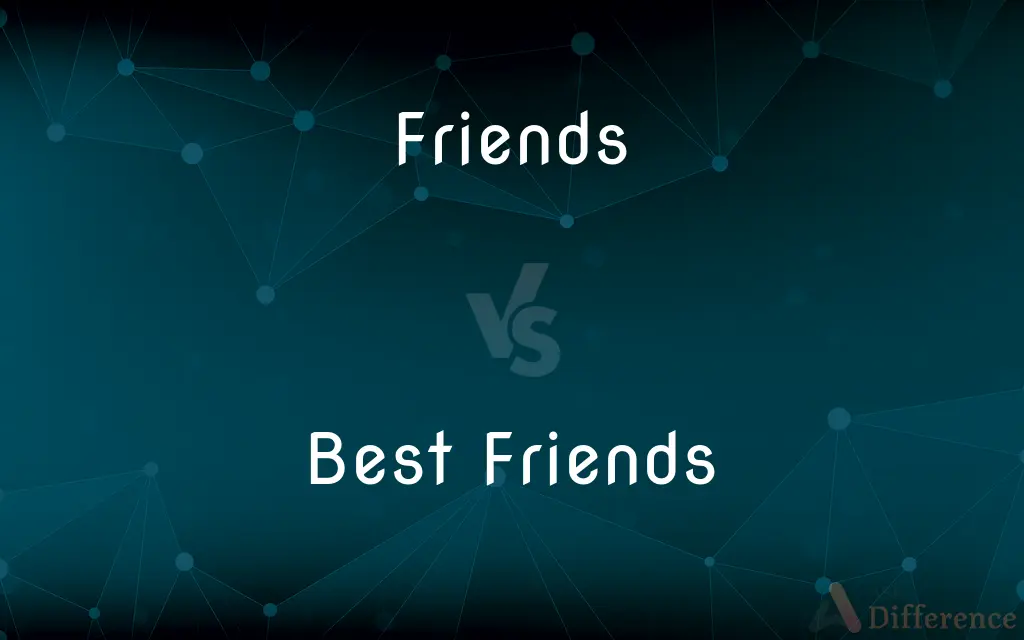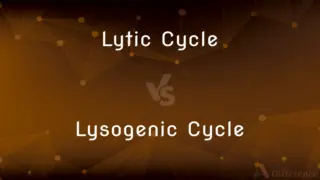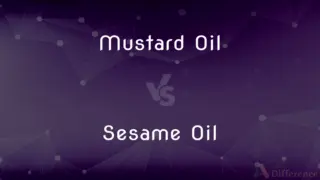Friends vs. Best Friends — What's the Difference?
Edited by Tayyaba Rehman — By Fiza Rafique — Published on November 30, 2023
Friends are individuals with whom we share mutual affection, while best friends embody a deeper level of understanding, consistency, and emotional attachment.

Difference Between Friends and Best Friends
Table of Contents
ADVERTISEMENT
Key Differences
Friends are those we share our joys and sorrows with, appreciating our similarities and respecting our differences. Best friends, on the other hand, are typically those who know us inside and out, embracing not only our strengths but also our weaknesses.
The camaraderie among friends is usually lighter, encompassing shared interests and engaging moments. Best friends, contrarily, share a bond that weathers not only the sunny days but also the stormiest times, holding a sacred space in our lives.
With friends, we may exercise caution regarding the depth of personal matters shared, valuing privacy and boundaries. Best friends often have access to our most intimate thoughts, fears, and aspirations, symbolizing a vault of trust.
The circle of friends may fluctuate, adapting to different life stages and circumstances. Best friends usually sustain the test of time and distance, etching an irreplaceable mark in our hearts.
Through thick and thin, friends offer a shoulder, while best friends provide a steadfast, immovable pillar in our lives, reflecting unwavering support and unconditional love.
ADVERTISEMENT
Comparison Chart
Emotional Depth
Moderate
Profound
Trust Level
Good
Implicit
Duration of Bond
Can be transient
Often long-lasting
Tolerance
Limited
Extensive
Personal Knowledge
Some personal details
Knows in-depth details
Compare with Definitions
Friends
People with whom we share common interests.
I love watching movies with my friends.
Best Friends
Individuals who hold a special, irreplaceable place in our life.
My best friends have always stood by me during tough times.
Friends
Individuals who offer companionship and support.
My friends always cheer me up when I'm down.
Best Friends
People who accept us without judgment and with unconditional love.
Best friends love me for who I am, without any pretense.
Friends
Acquaintances who are fun to spend time with.
We, friends, enjoy playing video games together.
Best Friends
Those who understand our unspoken words and emotions.
My best friends know what I'm feeling without me saying a word.
Friends
Those with whom we share mutual respect and affection.
I trust my friends with my thoughts and feelings.
Best Friends
Persons with whom we share our deepest secrets and fears.
I confide everything to my best friends without hesitation.
Friends
People we socialize with on various occasions.
My friends and I meet for coffee every weekend.
Best Friends
Individuals who remain consistent in our life through all phases.
Regardless of distance and time, we remain best friends.
Friends
A person whom one knows, likes, and trusts.
Friends
A person whom one knows; an acquaintance.
Friends
A person with whom one is allied in a struggle or cause; a comrade.
Friends
One who supports, sympathizes with, or patronizes a group, cause, or movement
Friends of the clean air movement.
Friends
Friend A member of the Society of Friends; a Quaker.
Friends
(Informal) To add (someone) as a friend on a social networking website.
Friends
(Archaic) To befriend.
Friends
Plural of friend
Common Curiosities
Can best friends become just friends?
Yes, sometimes life changes can shift best friendships back to a standard friendship.
How does friendship generally start?
Friendship often begins with shared experiences, common interests, or mutual friends.
How do best friends differ from regular friends?
Best friends share a deeper emotional bond, profound trust, and a long-lasting relationship compared to regular friends.
What defines friends?
Friends are individuals with whom we share mutual interests, affection, and enjoy spending time.
Can friends become best friends?
Yes, friends can transition into best friends through deepened trust, increased shared experiences, and emotional bonding.
Is time spent together a measure of friendship?
No, the quality of time spent often outweighs quantity in both friendships and best friendships.
Do friends always have common interests?
While common interests often spark friendship, friends can have differing hobbies and still enjoy each other's company.
Can friends be of different ages?
Yes, friendship and best friendship don’t necessarily depend on age but on mutual respect and affection.
How important is trust in friendship?
Trust is pivotal, forming the foundation upon which friendships and best friendships are built.
Is it necessary to communicate daily with best friends?
Not necessarily, best friends respect and understand each other, even with intermittent communication.
Can proximity impact friendships?
While distance can be challenging, both friendships and best friendships can endure with effort from both sides.
Can you have more than one best friend?
Absolutely, one can have multiple best friends, sharing unique, deep connections with each.
Can a friendship survive a disagreement?
Yes, both friends and best friends can navigate through disagreements with communication and understanding.
Can friendships impact mental health?
Yes, both friendships and best friendships significantly influence mental well-being, providing support and companionship.
Can professional relationships turn into friendships?
Yes, professional relationships can evolve into friendships or even best friendships with mutual understanding and shared experiences.
Share Your Discovery

Previous Comparison
Lytic Cycle vs. Lysogenic Cycle
Next Comparison
Mustard Oil vs. Sesame OilAuthor Spotlight
Written by
Fiza RafiqueFiza Rafique is a skilled content writer at AskDifference.com, where she meticulously refines and enhances written pieces. Drawing from her vast editorial expertise, Fiza ensures clarity, accuracy, and precision in every article. Passionate about language, she continually seeks to elevate the quality of content for readers worldwide.
Edited by
Tayyaba RehmanTayyaba Rehman is a distinguished writer, currently serving as a primary contributor to askdifference.com. As a researcher in semantics and etymology, Tayyaba's passion for the complexity of languages and their distinctions has found a perfect home on the platform. Tayyaba delves into the intricacies of language, distinguishing between commonly confused words and phrases, thereby providing clarity for readers worldwide.












































